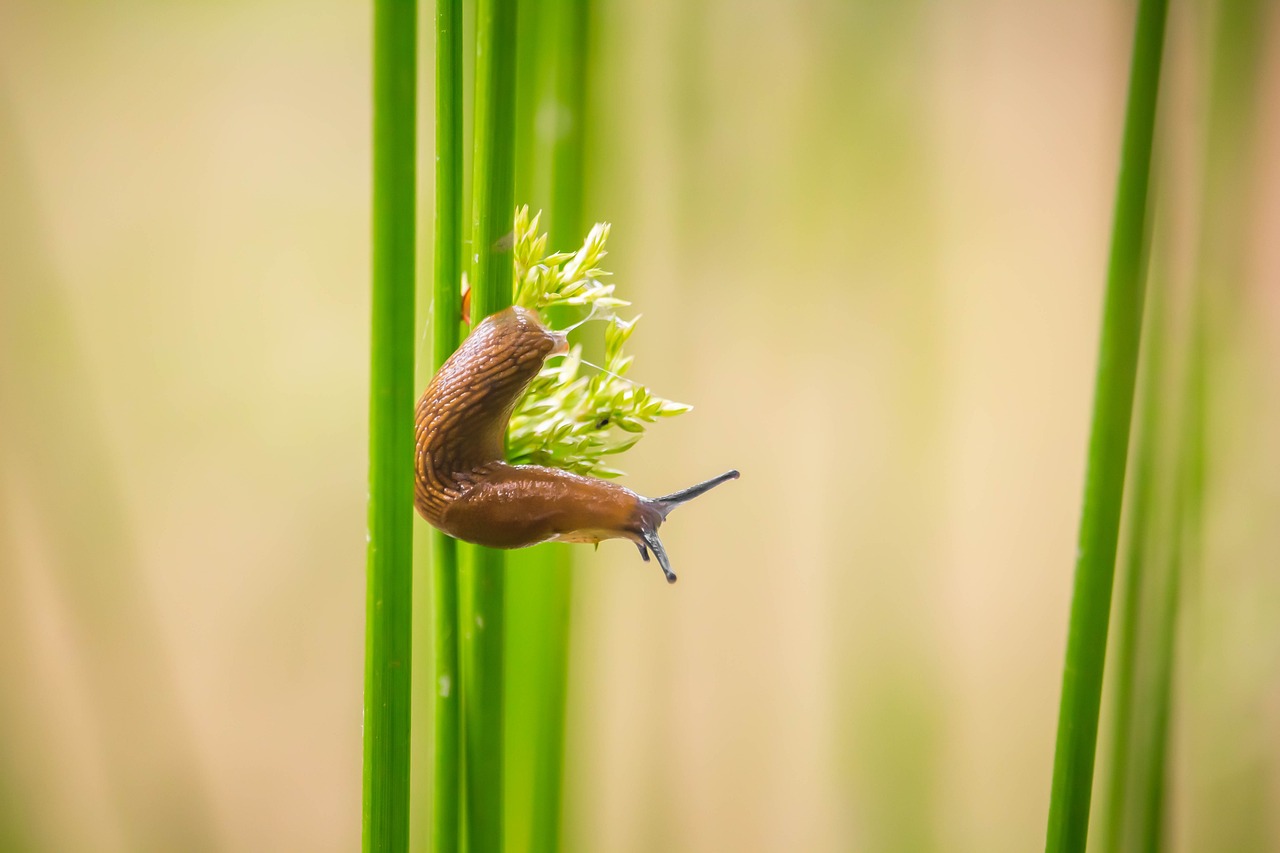Salt kills slugs and snails by dehydrating them. When salt comes into contact with a slug, it draws water out of the slug’s body through osmosis, leading to dehydration and eventual death.
Salt’s lethal effect on slugs is a topic that piques the curiosity of many, especially those engaged in gardening and pest control. To understand why salt is so deadly to slugs, we need to get into some basic biology and chemistry.
What are Slugs?
Slugs are soft-bodied, shell-less gastropod mollusks, belonging to the class Gastropoda. They are similar to snails but lack the external spiral shell. Instead, slugs have a more streamlined body.
Slugs are commonly found in gardens, forests, and other damp environments. They move by secreting mucus, which helps them glide across surfaces.
They are herbivores and feed on a variety of plant materials, such as leaves, stems, and fruits. Some slugs may also consume fungi. However, some predatory slugs may eat other slugs or small invertebrates.
Science Behind the Effect
Slugs, like many other organisms, have a high water content in their bodies. They are also equipped with a permeable skin. This skin allows for the passage of substances, including water, in and out of their body, which is crucial for maintaining their internal balance.
Osmosis: The Key Player
The primary reason salt is fatal to slugs is due to a process called osmosis. Osmosis is the movement of water across a semipermeable membrane (like slug skin) from an area of lower solute concentration (inside the slug’s body) to an area of higher solute concentration (the salted surface). When salt is sprinkled on a slug, it creates a high concentration of solutes outside the slug’s body. To balance this, water starts moving from inside the slug’s body to the outside.
Dehydration and Its Consequences
This osmotic movement of water causes the slug to rapidly dehydrate. Slugs rely on their moist environment to survive. They breathe through their skin, and the moisture is vital for their respiratory function and overall physiological processes. Dehydration disrupts these processes, leading to a fatal outcome.
Why Salt and Not Other Substances?
Salt (sodium chloride) is particularly effective because it readily dissolves in water, creating a high concentration of ions. This makes the external environment around the slug extremely hypertonic (having a higher concentration of solutes than the slug’s internal fluids), thus accelerating the osmosis process.
The Ethical Perspective
While salt is an effective method of slug control, it’s important to consider the ethical implications. The process of dehydration is quite distressing and painful for the slug. This raises questions about humane pest control methods. Many gardeners and environmentalists advocate for alternative, less harmful ways to manage slugs in gardens, such as using barriers, traps, or organic repellents.
Environment Impact
Using salt for slug control also has environmental repercussions. Excessive salt can harm soil health and plant life. It disrupts the balance of nutrients in the soil and can lead to soil compaction, reduced aeration, and poor water infiltration, adversely affecting garden health.
Conclusion
The effectiveness of salt in killing slugs is undeniably rooted in the principles of osmosis. However, understanding the distress it causes to the slugs and the potential environmental damage it can bring should encourage us to seek more humane and eco-friendly alternatives for slug control. For gardeners, it’s a balance between pest control and ethical responsibility, highlighting the need for sustainable and compassionate gardening practices.
Read Next Blog:
25 Types of Succulents with Pictures and Names
